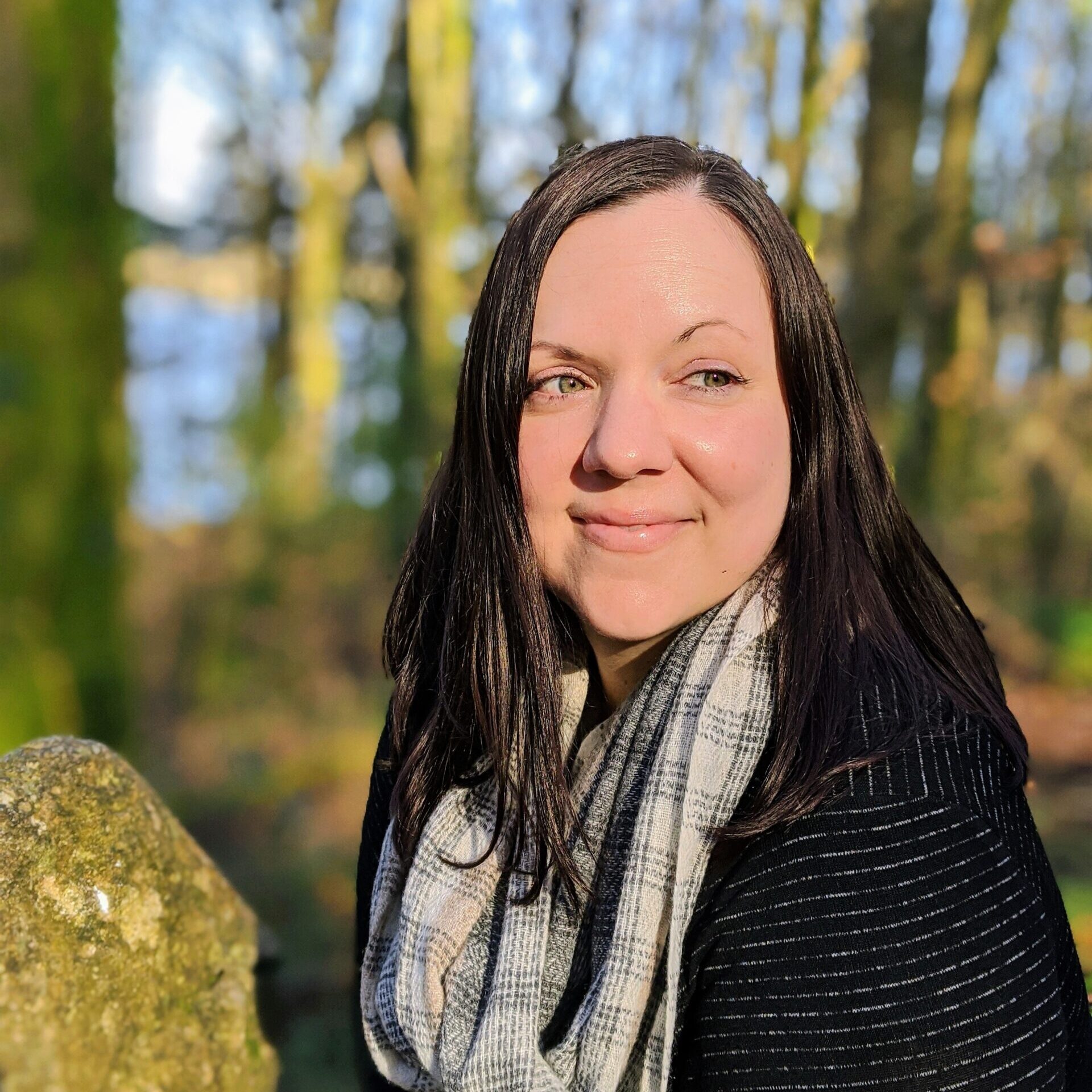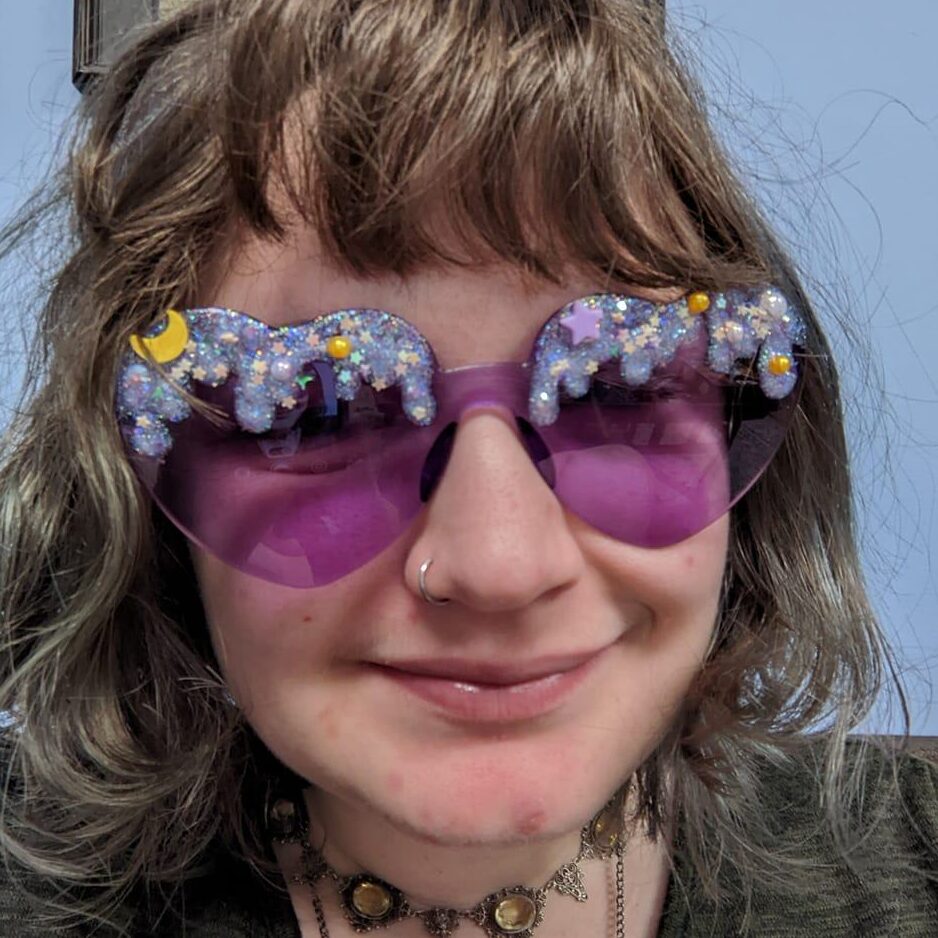Simone tries her best not to think of what she’s lost. She awaits the results of another anxiety-inducing MRI for her MS. She’s just walked away from Connor, “a fixer,” but possibly the love of her life. Then, on a December morning at the university where she works, jarring gunshots pierce the halls. In a temporary safe place and terrified, Simone listens and pretends this will all be over soon.
As she waits for silence, her mind racing, Simone’s past year comes into focus. Falling in love and missing it. Finding strength in family and enduring friendships. Each crossroad brought Simone here,to endure the things she can’t control and to confront those that she can.
Elissa Grossell Dickey, author of The Speed of Light, spoke to us about writing a character with her same diagnosis, how being a journalist has influenced her fiction, and the line between independence and refusing to accept help. This interview has been edited and condensed for clarity.
You’ve said that The Speed of Light was the story you needed when first diagnosed with multiple sclerosis. What about it?
When I was first diagnosed with MS, I was scared for the future, scared of making the wrong choices about treatment, scared that I would never adjust to this new normal. It was therapeutic to write a main character with these same fears, and comforting to give her a hopeful, ultimately uplifting story.
There’s power in writing your own happy ending and that, too, was very important to me — just being able to write a character with MS, like me, who gets to be the main character and gets to have complicated feelings about her illness, but still gets to have a happily ever after.
In a review, author Aggie Thompson wrote that The Speed of Light asks important questions, such as “What is the line between being independent, and shutting people out?” Was that a question you meant to uplift when writing the book?
Not exactly, though I think I was asking similar questions in a different way, and I think all of those questions are relevant to the book’s theme of letting yourself be loved just as you are. Realizing you are deserving of love, happiness, and a happily ever after just as you are.
Your book’s timeline shifts between past and present. What went into making that narrative choice?
It actually started out as separate story ideas, and I realized early on that it was two timelines of the same story, coming together to form the heart of the book — how life changes at the speed of light. Once I started writing dual timeline, I couldn’t seem to stop!
My second novel, Iris in the Dark, is also dual timeline, as are my two completed manuscripts and my new work in progress. I think I just love connecting the past with the present, seeing the common threads and lessons learned, and bringing it all together.
What got you into writing? As a former journalist, did you tend to write fiction or nonfiction first?
I have always wanted to be an author, so you could say my dream of writing books got me into a journalism — a full-time job that allowed me to write! I have gone back and forth between fiction and nonfiction (novels and news) throughout my life.
My very first novel attempt was a retelling of Greek mythology hand-written on notebook paper when I was in high school. Then, it was news articles as a journalist, followed by press releases in my current job and fiction in the evenings and on weekends. Each has made me better at the other — being a journalist has helped me with self-editing and pacing, while writing fiction has helped my creativity and prose.
What are your writing plans for the future? Are you planning more books?
My second book, Iris in the Dark, is about a single mom who must face her dark past when she hears a voice in the night while house-sitting at a remote prairie lodge. It was published in 2022. Both The Speed of Light and Iris in the Dark are available wherever books are sold, in print, audio, and e-book, including Kindle Unlimited! Now, I’m looking for homes for my two completed manuscripts while working on two more. I have a lot of stories with chronic illness rep to tell, and I plan to keep writing them!
Anything else you would like to add?
Thank you so much for this opportunity! For other writers, I’d just like to say that your stories matter. It wasn’t until my third manuscript that I finally felt ready to write a main character who shares my illness — and that story ended up being my debut. So keep writing and don’t give up!


